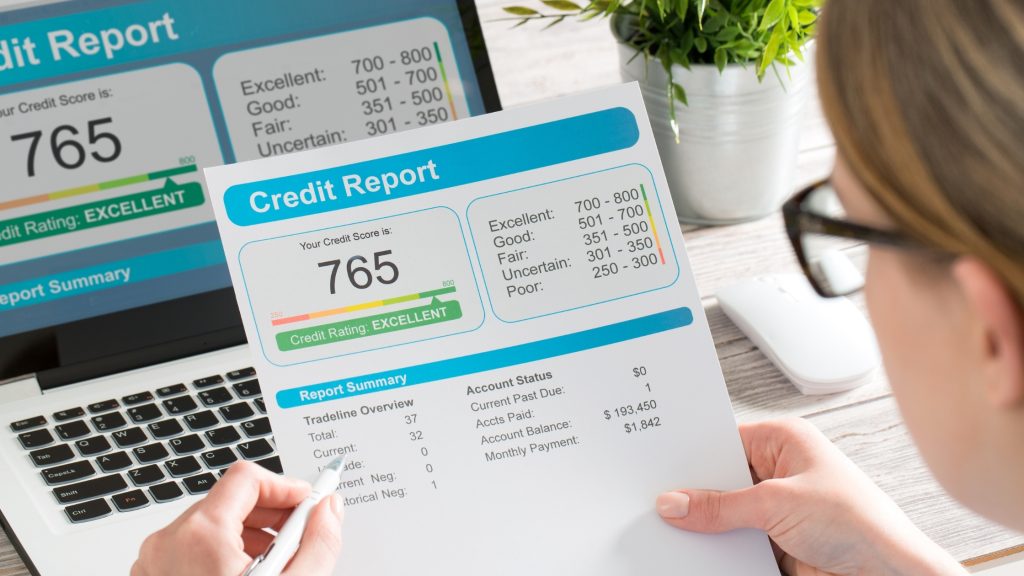To understand the credit repair process, you first need to know what the term “credit” means. “Credit can be defined as a contractual agreement between two parties in which one party receives the value of something (e.g., money) from another party and agrees to pay it to them later, usually with interest. Another term important to understand the credit repair process is “Credit score. “ Credit score is shown in basically three digits, ranging between 0-999”. It is used to check the borrower’s history before lending the value to know whether the person or company can repay the debt. Also, lenders such as credit companies or banks need to fix the interest rate and credit limits. If a person or company has a higher credit score, there is a lower risk of lending money to repay debts. Now the question is, “What is the credit repair process?” Credit repair process refers to repairing or improving the inaccuracies or negative features (e.t, identity duplicity, incorrect address, incorrect personal information, etc.) of an individual’s or company’s credit history. Through this process, a borrower with a lower credit score can get loans with better interest rates. So, to get a higher score on your credit and regain financial stability, you need to repair your credit by yourself or with the help of professionals. Here, some essential steps that you can follow to fix your credit are-

Reviewing Reports Regularly
First, you need to get a copy of your credit report. There are three major credit bureaus: Equifax, TransUnion, and Experian. To get a free report, you can visit Annual Credit Report. Some important errors, like incorrect personal information, duplicate accounts, late payments or fraudulent activity, should be reviewed.
Disputing Errors and Follow Up
You need to contact the credit bureau and provide them with the necessary evidence as early as possible after identifying the inaccuracies in your credit report. Also, you need to be aware of the fact that the credit bureau has done a proper investigation and made corrections.
Maintaining Payment History
Outstanding performance in paying bills on time adds a good score to your credit. On the contrary, unpaid debts spread negative impacts on credit. So, to avoid late payments you can use some software that can remind you on time.

Proper Credit Utilization
Reducing credit utilization is one of the important strategies of maintaining a good credit history. Experts suggest that you should not use more than 30% of your credit limit. You can increase this percentage by paying off your debts properly and increasing credit limits.
Becoming an Authorised and Responsible Credit User
Be aware of being an authorised credit user for a new credit card holder. Also, be a responsible account holder if you need to open a new bank account.
Avoid Closing Old Accounts
You should know that closing old accounts impacts negatively on your credit score. So, avoid closing accounts frequently.

Monitor Credit Reports
Try to check your credit reports on a regular basis to identify potential issues and track the progress.
Seeking professional help
To get better results in the credit repairing process without having much confidential information for everybody.
Credit repair is not a matter of worry if you follow its step-by-step procedure patiently and consistently. Having a good credit score can be compared to the key to success, as nowadays getting a loan with good interest is essential for people making money, especially in business. So, to get better financial opportunities in the future, start implementing credit repair strategies.

